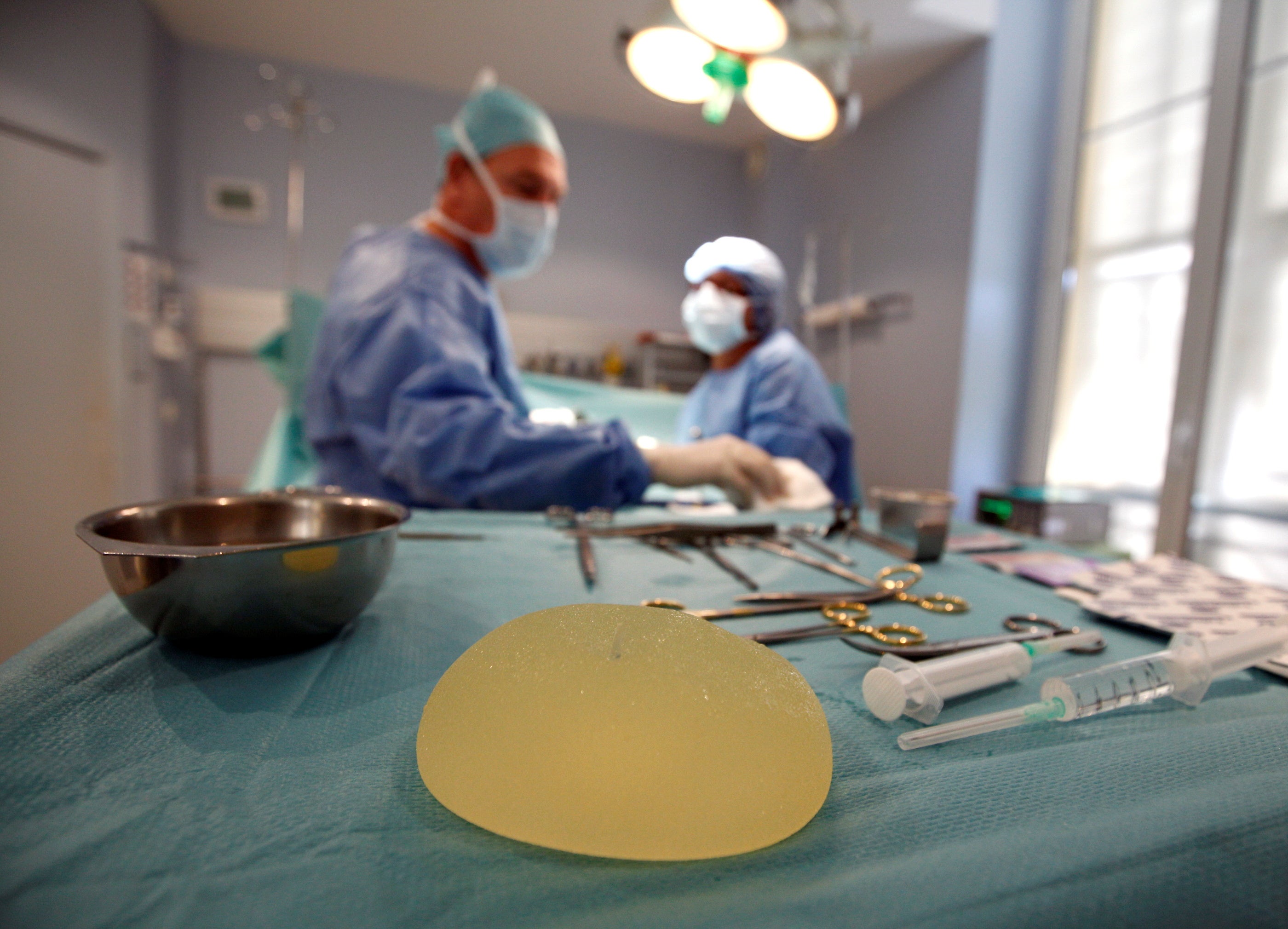How breast implants ruling could ‘blast the door open’ to claims around world
Campaigners say it is a vital move for ‘patient safety’, writes Maya Oppenheim


Tens of thousands of women around the world have been impacted by the Poly Implant Prothèse (PIP) scandal, which saw a French company use industrial-grade silicone not fit for human use in breast implants.
But an appeals court in Paris on Thursday ruled some 2,700 women who received the illegal breast implants from the PIP firm are now qualified to claim for compensation.
This raises the question of the wider repercussions for the up to 400,000 women around the world, ranging from France to Britain, Latin America and beyond, who are estimated to have had the implants. Some 47,000 women are believed to be impacted in Britain.
Jan Spivey, a UK-based campaigner involved in the case, who was given PIP implants after getting breast cancer and having a mastectomy, told The Independent: “The wider implications are that we have blasted the door open to other claims all over the world. It is not just significant for women with PIP.
“It is an important move for patient safety in general. There is some accountability for dangerous products which find themselves on the market.”
The 59-year-old, who is part of the PIP Action group, said she was “pretty much sick” from the day she had PIP implanted. She suffered pain, aching joints and tiredness after the implants – which caused silicone to drip into her body – were inserted.
“Once the silicone is on the move it can end up in every major organ in the body,” Ms Spivey added.
The NHS states utilising silicone in implants that has not been authorised can cause swelling, pain and a burning feeling within the breasts.
Mary O’Brien, president of the British Association of Aesthetic Plastic Surgeons, told The Independent: “The human cost and distress to many women and their families following surgery involving PIP implants is sobering.
“The British Association of Aesthetic Plastic Surgeons puts patients' safety and well-being at the very centre of its ethos. It is for this reason that the BAAPS supports the Breast and Cosmetic Implant Registry, research and collaboration with other professional associations, and acknowledges the important role of the Medicines and Healthcare products Regulatory Agency in ensuring that this situation is never repeated.”
While the ruling could move to a higher court so may not be definitively final, Olivier Aumaitre, a lawyer representing the women, told a news conference it was “clearly a historical day for PIP breast implant victims all over the world and for women's rights”.
One in seven women in Britain will develop breast cancer at one point in their life – with one woman diagnosed every 10 minutes.
Rachel Rawson, associate director of nursing at Breast Cancer Now, noted the court decision could trigger anxiety among women who had implants for reconstructive surgery after breast cancer.
“Poly Implant Prothèse (PIP) breast implants were made in France and were much less frequently used in the UK. This type of implant has not been used in the UK since March 2010, so anyone who had surgery after this time would not have received this implant.
“If women have any concerns about their implants, they should contact the specialist who performed their surgery. Advice and guidance can also be found at: https://www.nhs.uk/conditions/pip-implants/. Anyone seeking further information and support can also speak to our expert nurses by calling our free helpline on 0808 800 6000.”

Join our commenting forum
Join thought-provoking conversations, follow other Independent readers and see their replies
0Comments